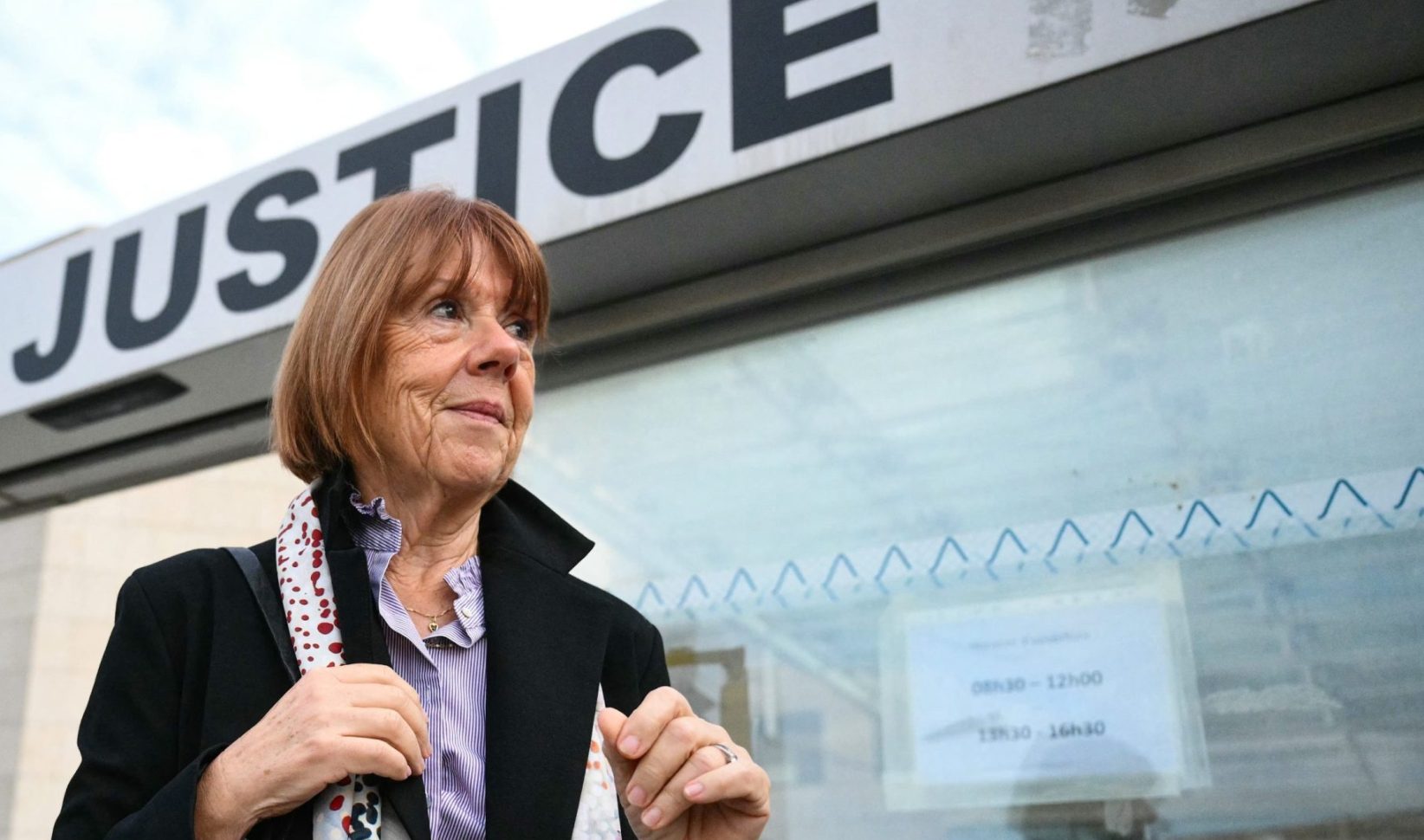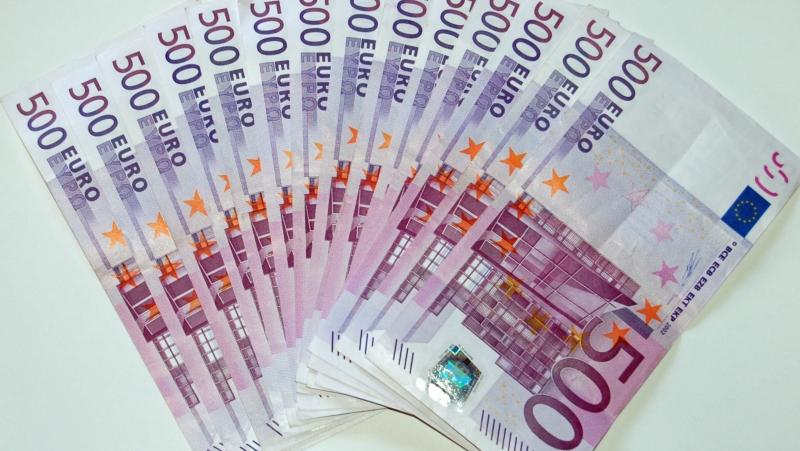Table of Contents
French women call for legislation against sexual violence after rape Gisèle PelicotRead also
Co-suspects
The man is on trial with fifty co-suspects, who could be identified based on video footage that the man himself made of the rapes. Prosecutors began determining the sentencing requirements on Monday and have until Wednesday to impose them on all suspects.
Most of the suspects claim that they did not realize that Gisèle had been drugged and that they had no intention of raping her, even though there is video footage of the rapes. They shift the blame entirely to Dominique, who allegedly manipulated them.
Gisele Pelicot
The case has received a lot of attention worldwide. Gisèle could have chosen to have the trial take place behind closed doors, but deliberately chose a public trial to show what kind of sexual violence had taken place. In France, thousands of people took to the streets to support Gisèle.
Gisèle also spoke during the trial. “How could you let all those people into my bedroom? How could you betray me like that?”, Gisèle said to Dominique Pelicot. “I am a completely devastated woman. How should I overcome this? I’m 72 and I don’t know if I’ll be able to do that in the years I have left.” She also addressed other victims who feel ashamed after a rape: “Shame is not ours to feel, it is theirs.”
Impact of Giséle Pélicot case on Dutch sexual offenses: ‘We must also be able to opt for a closed trial’ Read also
**How does the public trial of Gisele Pelicot align with Procedural Access to Accountability (PAA) principles, particularly regarding transparency and victim participation in the justice process?**
## World Today News: Exclusive Interview on the Gisele Pelicot Case
**Host:** Welcome back to World Today News. Today, we dive deep into a case that has shaken France and sparked a global conversation on sexual violence: the harrowing ordeal of Gisele Pelicot. Joining us are two distinguished guests: Dr. Anne Dubois, a leading expert on sexual violence and trauma, and Ms. Marie-Claire Durand, a legal analyst specializing in French law. Welcome to both of you.
**Dr. Dubois:** Thank you for having me.
**Ms. Durand:** It’s a pleasure to be here.
**Host:** Let’s begin by discussing the case itself. Gisele Pelicot bravely chose a public trial, showcasing the horrifying reality of her experience. Dr. Dubois, what message do you believe she sends by making this difficult choice?
**Dr. Dubois:** I think Gisele’s decision is incredibly powerful. It shatters the silence surrounding sexual violence, forcing society to confront its presence, its brutality, and its impact on victims. By choosing a public trial, she empowers other survivors, demonstrating that they are not alone and their voices deserve to be heard.
**Host:** Ms. Durand, legally, Gisele had the option for a closed trial. What are the implications of opting for a public trial, particularly in a case as sensitive as this?
**Ms. Durand:** In France, the right to a fair trial is paramount, and that includes the right to privacy. While a closed trial protects the victim from further trauma and public scrutiny, a public trial can shed light on systemic issues and hold perpetrators accountable in a more transparent manner.
**(Transition to next thematic section)**
**Host:** The case saw fifty co-suspects indicted, many blaming the main perpetrator, Dominique Pelicot, for manipulating them. Dr. Dubois, how does the concept of coercion and manipulation play a role in sexual violence cases?
**Dr. Dubois:** Coercion and manipulation are dangerous tools used by perpetrators to exploit vulnerabilities and silence victims. In this case, it raises complex questions about individual responsibility and the dynamics of group behavior. While Dominique Pelicot’s alleged actions cannot be condoned, it’s crucial to remember that each individual is accountable for their own choices.
**Host:** Ms. Durand, how does the French legal system handle cases involving multiple perpetrators and allegations of coercion?
**Ms. Durand:** It’s a complex legal landscape. Each suspect will be evaluated based on their individual culpability and degree of involvement. Evidence like video footage can be crucial, but the legal system must also consider factors like the influence of drugs, peer pressure, and the capacity for independent judgment.
**(Transition to next thematic section)**
**Host:** Gisele’s message to other survivors, “Shame is not ours to feel, it is theirs,” resonated deeply with many. Dr. Dubois, how can societal attitudes contribute to the shame and silence surrounding sexual violence?
**Dr. Dubois:** Societal attitudes often perpetuate victim-blaming, shaming survivors into silence. We need to shift the narrative, emphasizing that perpetrators are solely responsible for their actions. Creating a supportive environment where survivors feel empowered to speak out is crucial.
**Host:** Ms. Durand, what steps can be taken within the legal system to dismantle these societal barriers and ensure justice for survivors?
**Ms. Durand:** Legal reforms are necessary to protect survivors’ rights, ensure proper investigation and prosecution of cases, and provide comprehensive support services. Moreover, educating the public about the realities of sexual violence and challenging harmful stereotypes are crucial for long-term change.
**(Closing)**
**Host:** This has been a thought-provoking discussion, shedding light on the complexities of the Gisele Pelicot case and the broader issue of sexual violence. Dr. Dubois, Ms. Durand, thank you for your invaluable insights.
**Dr. Dubois:** Thank you for having us.
**Ms. Durand:** It was a pleasure.


